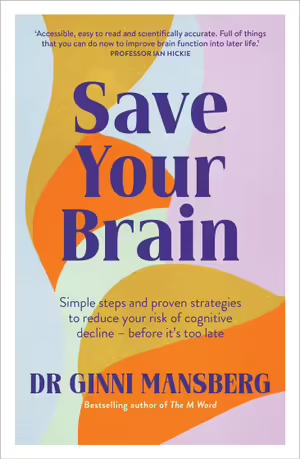EYE CREAMS: ARE THEY NEEDED?

Featured Story
Eye creams: We love them, but are they needed?
Both men and women REALLY care about the appearance of our eyes.
In fact, Globally, eye rejuvenation is requested from doctors and aestheticians more often and start at a younger age than other rejuvenation treatments! (1) And by rejuvenation we mean: Less pigmentation, less puffiness, and fewer lines and wrinkles. (2)
Eye-Creams-are-they-needed
WHAT’S DIFFERENT ABOUT THE SKIN AROUND THE EYES?
It’s thinner. The skin of the eyelids is the thinnest of the body (< 1 mm thick).
The nasal part of the eyelid skin has finer hairs and more sebaceous glands than the temporal aspect, making this skin smoother and oilier.
Fat is basically non-existent under the eyelid skin making it more prone to injury. (3)
It’s easy to see why the corners of the eyes are especially susceptible to wrinkle formation (crow’s feet): the constant movement of the skin as we blink and squint all day, as well as the thinness of the skin. Any skin damage that happens as a result of aging, sunlight or other environmental factors will be exaggerated around the eyes.
When you think that most of us do a rotten job of putting our sunscreen on the skin around our eye, (4) no wonder that area is even more prone to wrinkles and pigmentation.
But it might concern you even more to know that the eyelids have the highest skin cancer irate “per unit area” in the whole face! (5)
IS THERE ANY EVIDENCE TO SUPPORT EYE CREAMS?
Actually there is a bit. In one Swedish study, women were randomised to either use a “simple” skin care regimen or one that added in an eye cream.
After 4 weeks, the women using the regime that included an eye cream had improvements in “hydration, skin roughness, mean pore area, melanin heterogeneity, and crow’s feet wrinkle depth.” The authors concluded that giving additional hydration around the eyes was behind the additional improvement. Certainly there were no key anti-aging ingredients in the eye cream the women were using for this study. (6)
Another American study of just 15 men and women found that using an eye cream containing “a blend of naturally derived extracts” resulted in 73% less puffiness and 93% improvement in dark circles as well as less appearance of wrinkles after 12 weeks. (7)
Again given the lack of evidence for the naturally derived extracts, it looks like simply applying a moisturizing eye cream helps significantly with the appearance of the skin around the eyes.
That’s the limit of the evidence. Caffeine in eye creams has never been studied, but anecdotally as a vasoconstrictor (narrowing the blood vessels to reduce blood supply), lots of people report it helps a lot with puffiness.
BOTTOM LINE;
Use a day cream or sunscreen and don’t forget the areas around the eye.
Good sunglasses will help
All your usual anti-aging key actives (like Vitamins A, B3 and C) will still work around the eyes
An eye cream may well help as well, if nothing else to add extra moisture to a particularly thin area of skin.
Necessary? NO!
REFERENCE:
https://www.ncbi.nlm.nih.gov/pmc/articles/PMC6850077/pdf/JOCD-18-530.pdf
https://www.ncbi.nlm.nih.gov/pmc/articles/PMC6850077/pdf/JOCD-18-530.pdf
https://emedicine.medscape.com/article/834932-overview#a8
https://www.ncbi.nlm.nih.gov/pmc/articles/PMC6447356/pdf/pone.0212548.pdf
https://www.ncbi.nlm.nih.gov/pmc/articles/PMC6447356/pdf/pone.0212548.pdf
https://onlinelibrary.wiley.com/doi/pdf/10.1111/jocd.13252
https://www.ncbi.nlm.nih.gov/pmc/articles/PMC6850077/pdf/JOCD-18-530.pdf

Save Your Brain By Dr Ginni Mansberg
The evidence is clear almost half of all cases of dementia and cognitive decline are preventable. But sadly none are treatable.
So what are the lifestyle changes that really make a difference to our brain health? What do the experts do to protect themselves from cognitive decline? And what can we do right now to preserve our quality of life as we age?
Save Your Brain answers all these questions and more. As we age, dementia and Alzheimer's pose a serious threat to our health and wellbeing. To give us a running start in the fight against cognitive decline, GP and acclaimed broadcaster Dr Ginni Mansberg presents the very latest evidence based research on how to protect your most valuable asset your clever, vulnerable, powerful brain. As the health of our brains increasingly takes centre stage, Ginni gives up to the minute advice and strategies you can implement now to protect your brain as you age.
A must read for anyone looking to maintain their quality of life, or that of loved ones, into old age.
Purchase
|
Services.
My Story.
Blogs.
Contact.
My Newsletter is like others, it's unique, and all about you, and your family.

